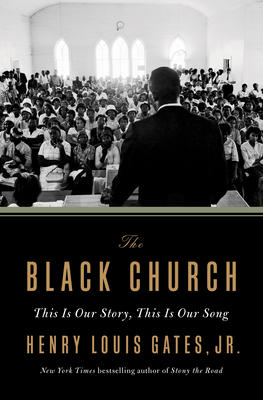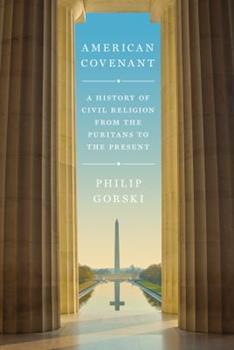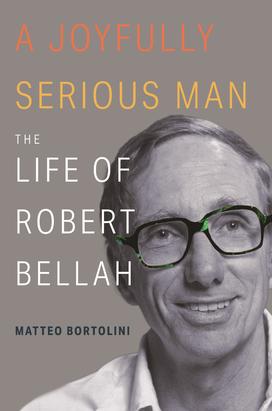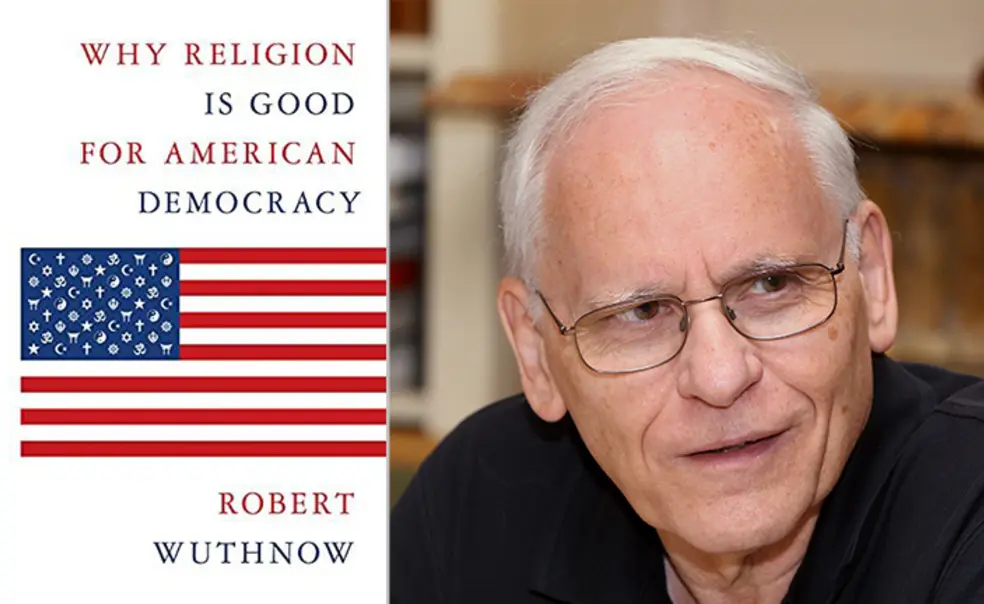Professor Robert Wuthnow on Religion in America
In his new book, Why Religion Is Good for American Democracy, Robert Wuthnow, professor of sociology emeritus and former director of the Princeton University Center for the Study of Religion, examines the vast diversity of religions in America and their history of fostering democracy through debate. Religious groups have contributed to American democracy “not in spite of their diversity,” he writes, “but because of it.”

The Black Church: This Is Our Story, This Is Our Song
By Henry Louis Gates Jr.
This is by far the best book about American religion I’ve had the pleasure to read in recent years. If you have watched the PBS series on the Black church, you already have a sense of the deeply important material the book covers. Gates brings together his own considerable expertise in African American history with valuable input from dozens of leading scholars — including Princeton’s Judith Weisenfeld, Eddie Glaude Jr. *97, and Wallace Best — to portray both the challenges Black churches have faced throughout American history and the enormous contributions they have made to sustaining Black culture and identity.

American Covenant: A History of Civil Religion from the Puritans to the Present
By Philip Gorski
For anyone concerned about the aggressive and potentially violent Christian nationalism that has become so prevalent in our nation today, Yale sociologist Philip Gorski provides an in-depth and compelling inquiry about how we have arrived at this moment in our history. Gorski draws on his earlier work on the Protestant Reformation to show how Puritanism shaped political thought in colonial America and then traces the division of religious understandings of America into three broad traditions that are currently represented by Christian nationalism, secular humanism, and what he considers to be a more hopeful strand of civic culture in the middle.

A Joyfully Serious Man: The Life of Robert Bellah
By Matteo Bortolini
Robert Bellah, who spent much of his career at the University of California Berkeley, was one of the most influential scholars of American religion, writing critically about the shaping of religion by America’s origin myths, self-interestedness, individualism, and greed. In addition to his bestselling 1988 book Habits of the Heart, Bellah wrote perceptively about the evolution of religion, the creation of meaning through symbolism and narrative, and social scientists’ misunderstandings of religion. Bortolini’s beautifully written biography interweaves the major events of Bellah’s personal life — some in Princeton and some previously undisclosed — with the evolving contours of American individualism, political opportunism, and therapeutic self-obsession that so deeply troubled him.












1 Response
Norman Ravitch *62
4 Years AgoJudging the Role of Religion in America
Having specialized as an academic historian in the role of religion in Europe, particularly in France, I should be able to opine on the role of religion in America, I suppose. But actually this is very difficult. There are always several sides to the importance of religion anywhere, positive, neutral, and negative. Right now it does not seem to be a negative factor in the struggle between an aggressive Russia and a victimized Ukraine, since their religious backgrounds are roughly the same. In France it has been in my view mostly a negative factor, reinforcing the most illiberal, intolerant, and dangerous tendencies of its people. It has not a good history in Germany either. In Britain perhaps its role is more mixed, but at present very weak. In America it has been important intellectually, and socially, but at present divided between those viewing religions as a force for harmony and those using it as a force for demagogic and bigoted politics. Currently in India, which I know much less about, it seems to be a force for persecution and violence, as it was in the days when the British Raj came to an end in 1947.
I wonder why there are so many books now about religion’s role in America. Is it perhaps because organized religion here is in a state of rapid decline and its dangerous elements are more and more visible?